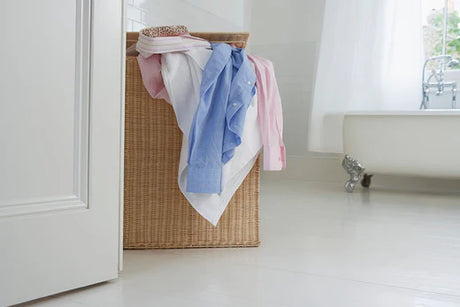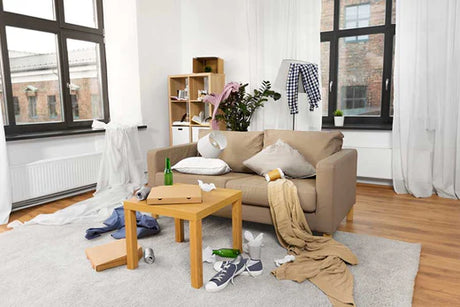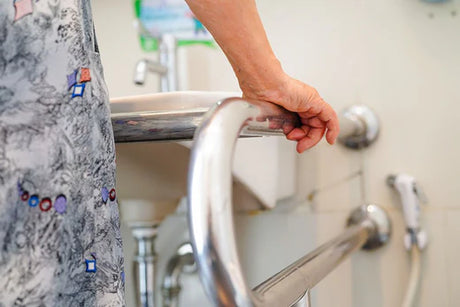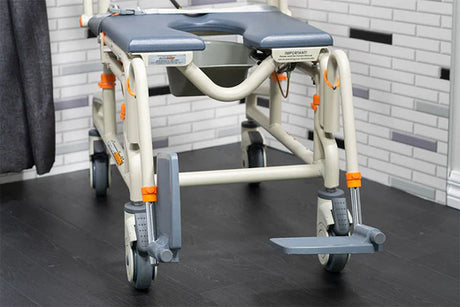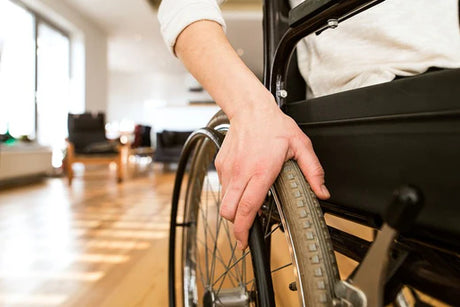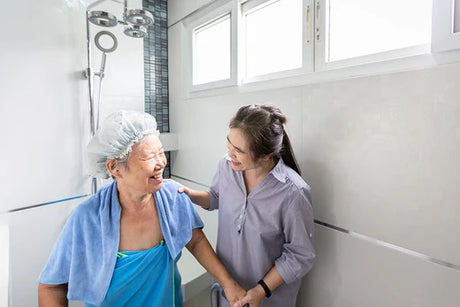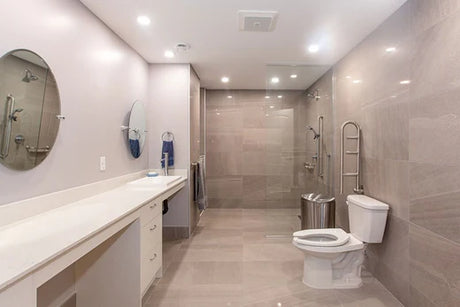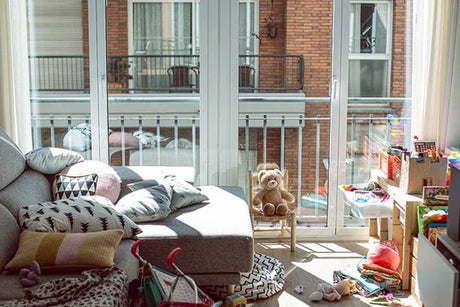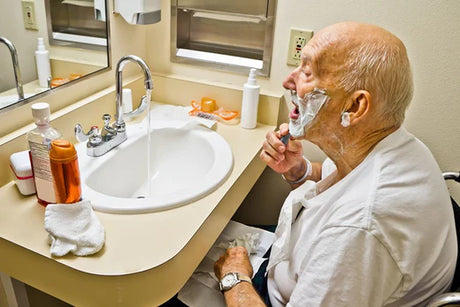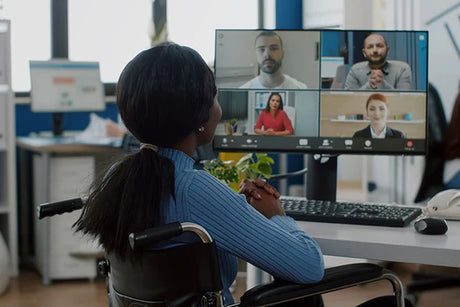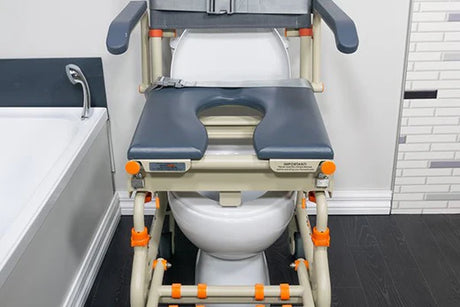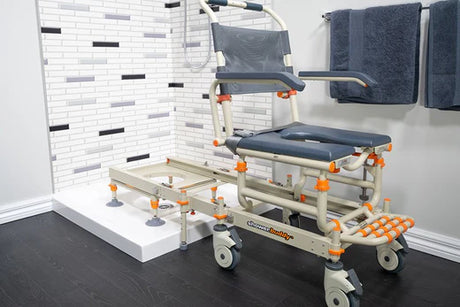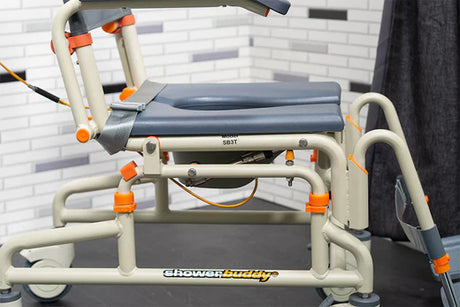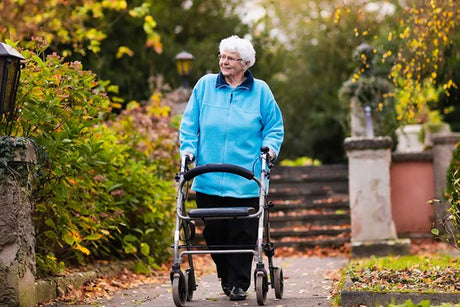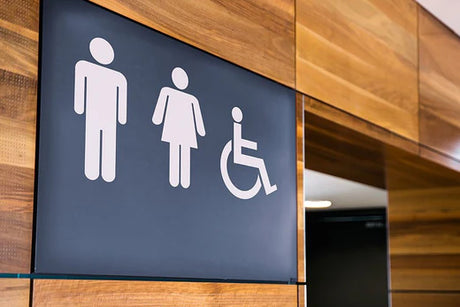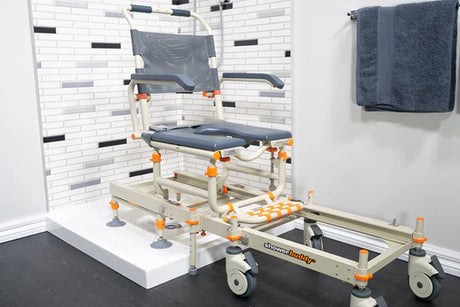1 – Independence in the bathroom should be a right of all teenagers
Enabling your teen to find more independent ways to conduct bathroom activity is important. If your teen has upper body mobility, you might want to encourage them to take a physical part in their own bathroom use. If you’ve got an open plan bathroom, your teen may be able to conduct the full transfer, bathing and toileting process on their own.
of a portable commode more seamless or ensure changing is hassle-free for everyone.
2 – Being responsible for their bathing and toileting can be great for confidence and self esteem
3 – They will have more freedom to have time away from their parents
4 – Your teenager can have more control over their morning routine
It’s not until you stop and think about what you do in the bathroom each morning and night that you realise how many of our own personal preferences and rituals come into play at these times.
At an age where they’ll be battling you on everything from homework to going out with friends, a battle over what they are doing in the bathroom is a great one to avoid! The nuances of things like the order of brushing teeth, brushing hair and other small jobs might not seem like much to you as a parent, but to a teen who’s lived with mobility impairment and an inability to make those decisions for themselves, they can be a big deal.
5 – Without you in the shower, your teen can enjoy the privacy and enjoyment of a shower
Independent bathing and toileting is possible
Helping independent bathing and toileting can be made possible with a good bathroom mobility solution
More independent bathing and toileting for people with a mobility impairment requires a good plan, the right support and effective assistive equipment.
A bathroom mobility solution or ‘shower chair’ as they’re often referred to can make the whole process so much easier. Learn more about what a shower chair is and how it works in our complete Shower Chair guide.
Showerbuddy’s range of products are designed for different users, applications and bathroom configurations. If you’re interested in helping your teenager enjoy more autonomy in the shower, learn more about how Showerbuddy might help.
Further reading on the topic
If you’re interested in learning more about this topic, read some of these excellent online resources:
- Your Child With Special Needs: How to Conquer Independent Bathing – Miss Jaime, O.T
- Navigating Physical Disability As A Teenager – Showerbuddy blog
- Children and Adolescents with Disabilities – Unicef
And watch this video about WCMX Blake Simpson, a Showerbuddy user who enjoys independent bathing after a day out on the skatepark.








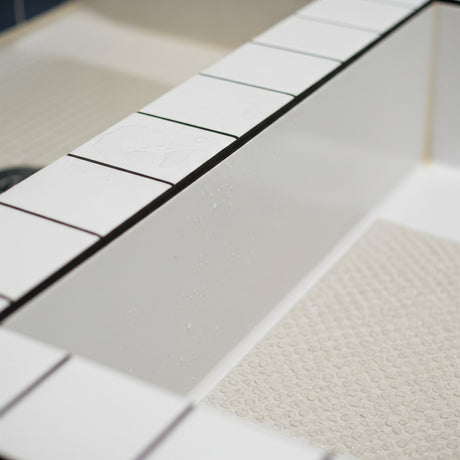

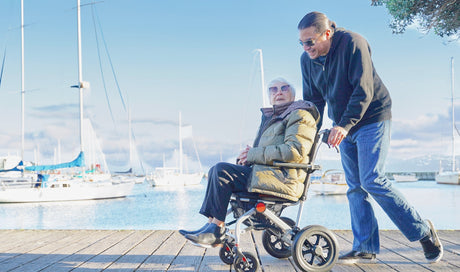
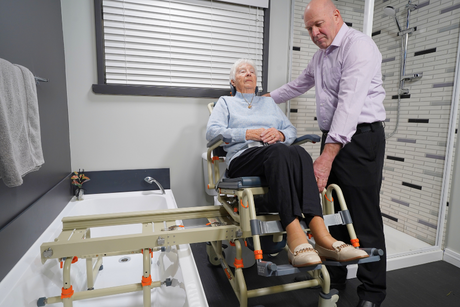
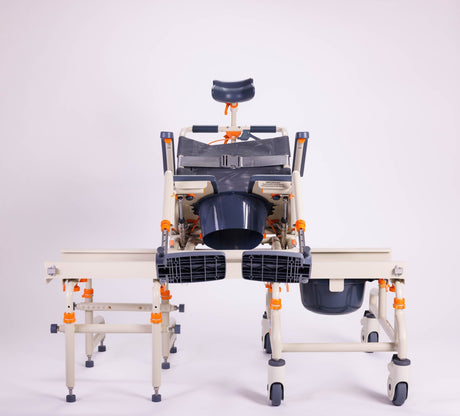
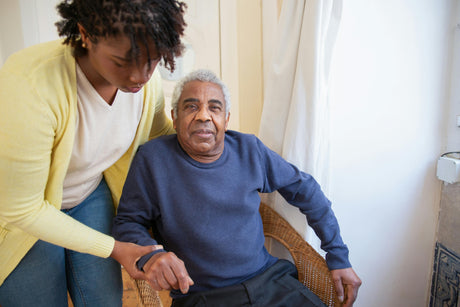
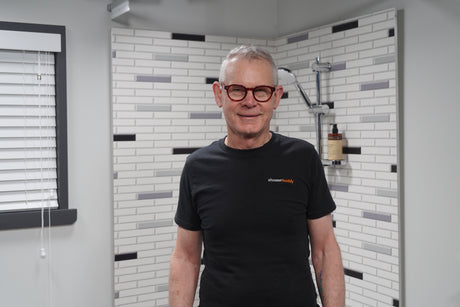
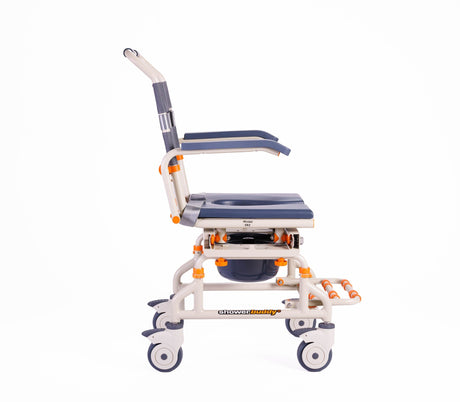
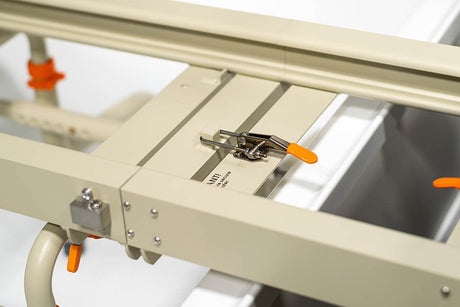
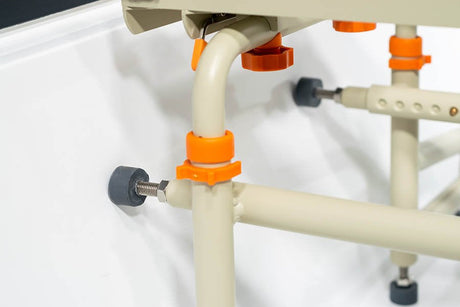
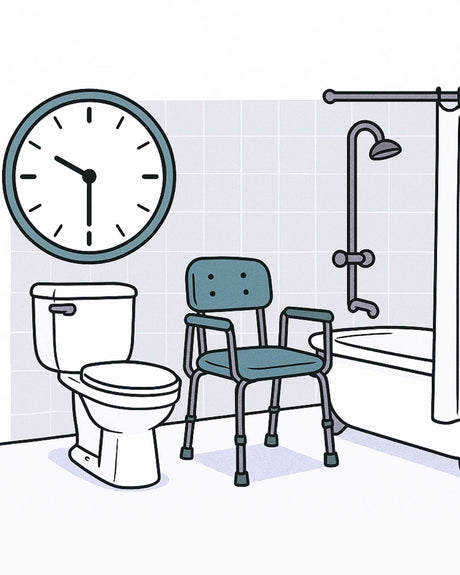
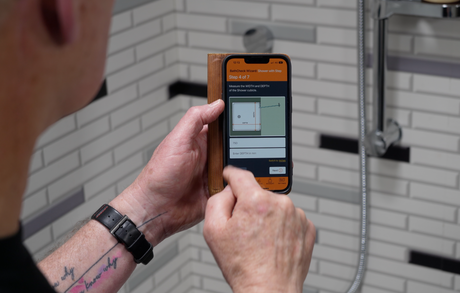
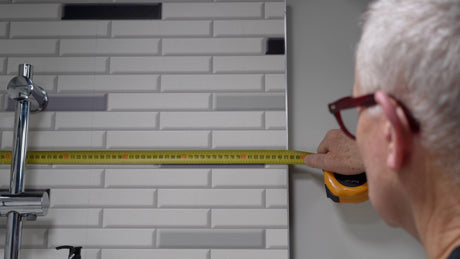

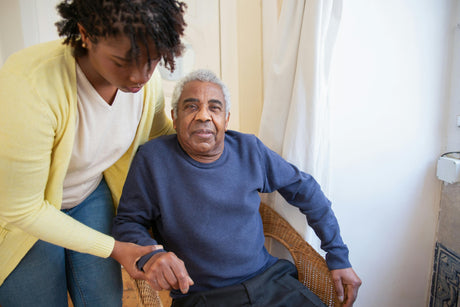

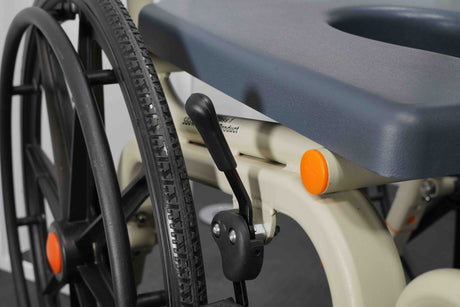

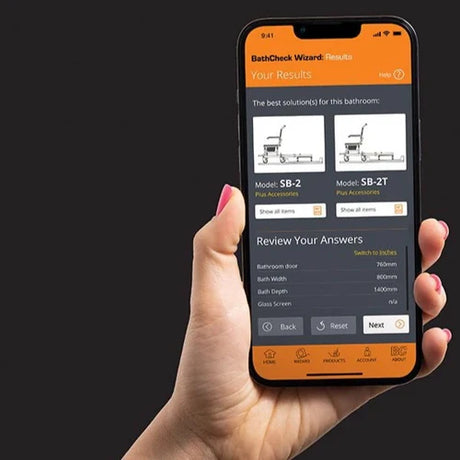
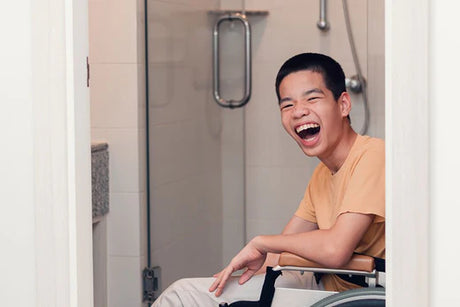
![Toilet Training A Young Child With Mobility Challenges [And How A Shower Chair Can Help]](http://shower-buddy.com/cdn/shop/articles/toilet-training-disabled-child_520x500_a90e5234-d372-435d-aa56-8da15dd3836c.webp?v=1722557239&width=460)

